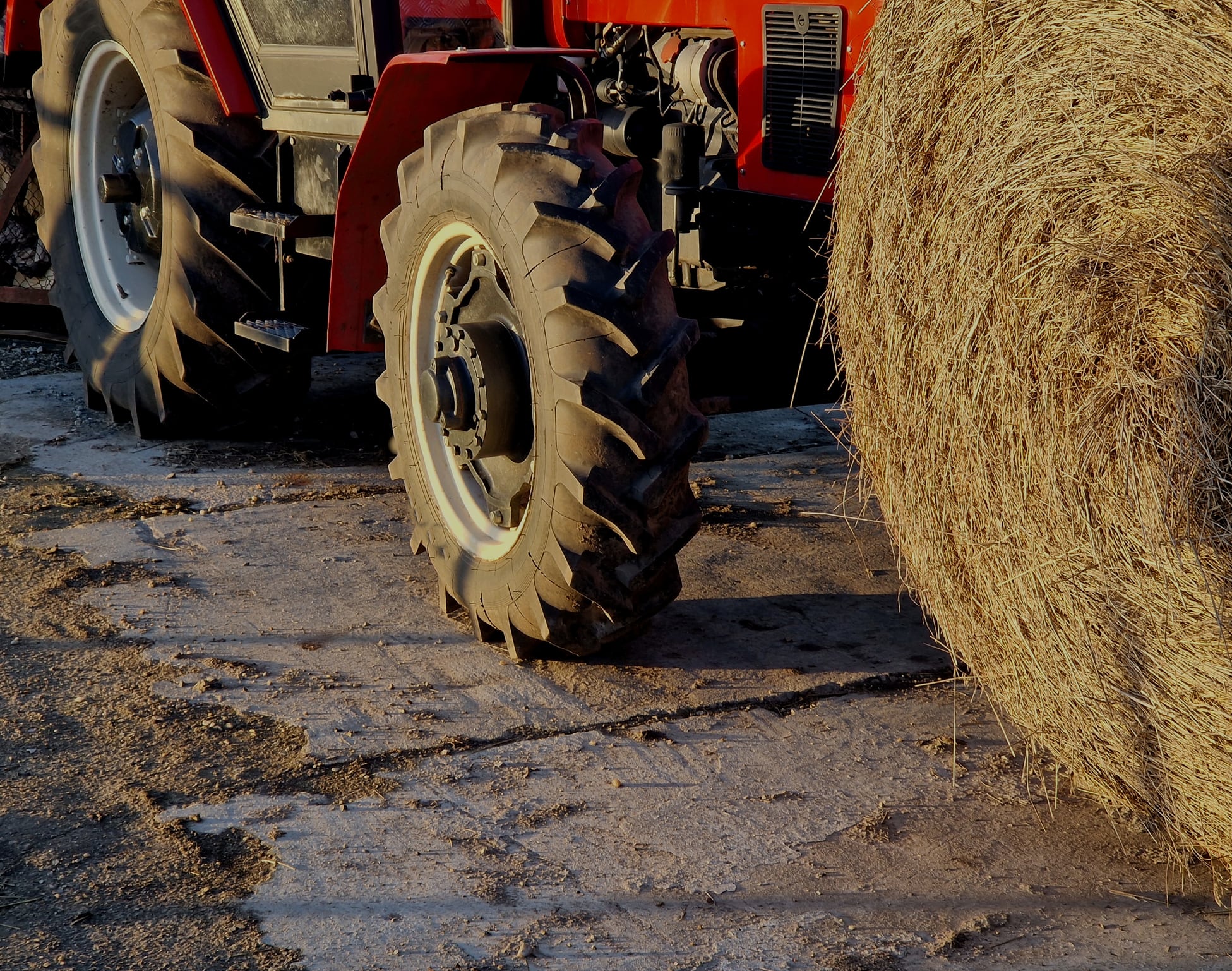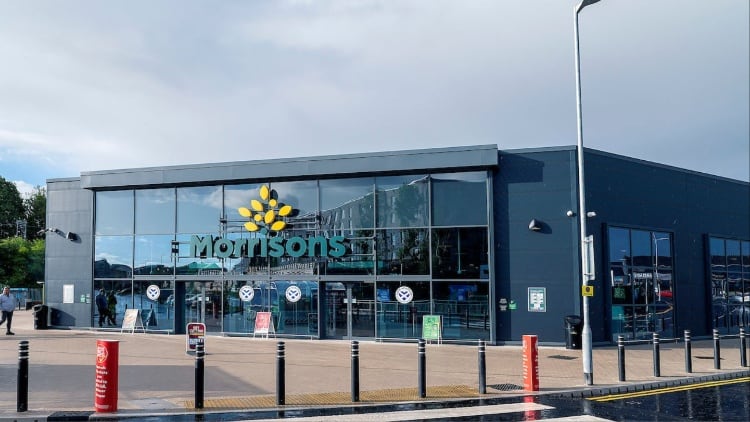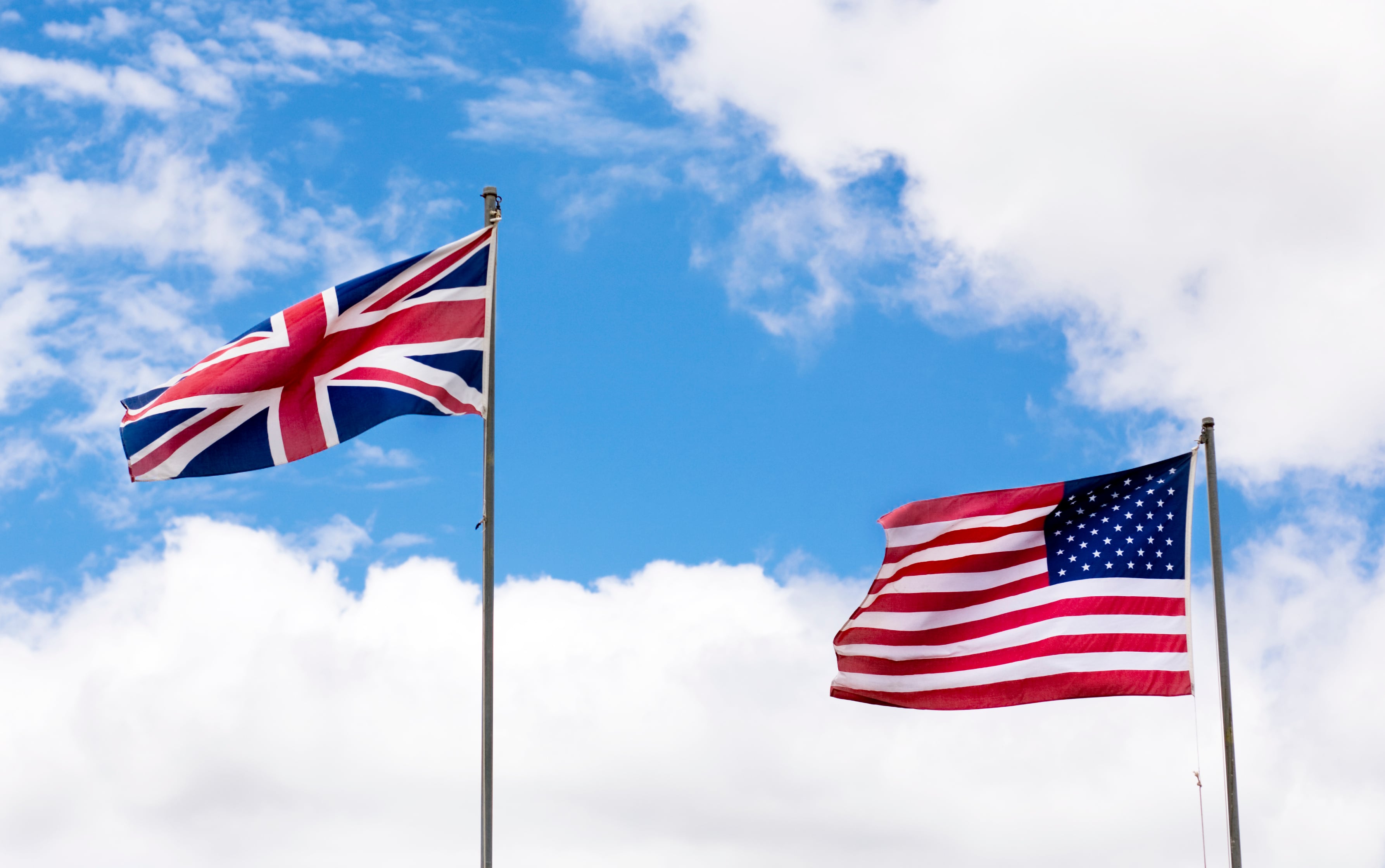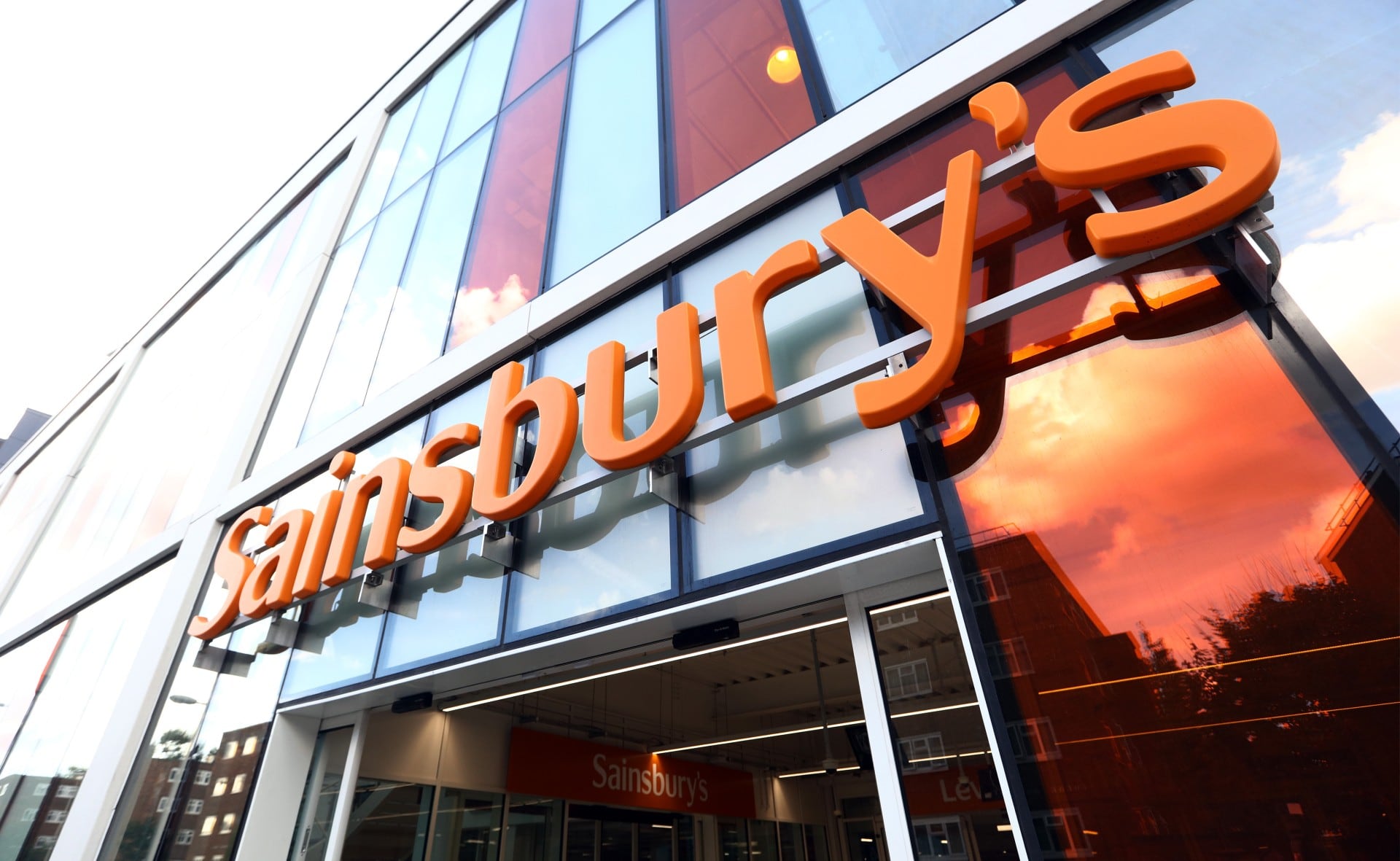The supermarket chain has taken out a High Court injunction following farming protests outside of its distribution depot in Bridgewater Somerset on 10 January.
The protests form part of a wider demonstration that has been on-going since November 2024 over the new inheritance tax (IHT) laws.
The blockage outside of the Morrisons depot was organised by Farmers to Action. One of the farmers told Somerset Live: “We’re Famers for Action. We’re trying to raise awareness with the public and government about the unfair rules that they’re bringing in.”
They told the news outlet that that Farmers for Action “has a plan”, with the protests an attempt to “abolish inheritance tax and restore the APR [annual percentage rate] and BPR [Business Property Relief]” and push for “fairness in food pricing and national security”.
The day after the protests Morrisons’ head of agriculture, fisheries and sustainable sourcing, Sophie Throup, posted a video onto social media directed at farmers and highlighting its work to air IHT concerns.
“We understand your angry and your frustrations at the Inheritance Tax and we’re with you,” said Throup. “We share your concerns about the long-term future the Inheritance Tax is going to have farms, particularly smaller family farms, and we know that you want something done about it. We have been raising these concerns at the highest levels of government since November last year and we will continue to do so.”
The final straw
But as Emma Mosey chair of the Farm Retail Association told Food Manufacture, it’s not just IHT changes which have caused anger – it’s fair prices.
“Farmers are targeting large retailers as they have been paid very little (just above the cost of production) by them for many decades,” she explained.
“Since the supermarkets first opened their doors post war (1948), the competition on the price of food has become a race to the bottom. Before the IHT reforms were announced, farmers had suffered several years of inflation and cost increases, without supermarkets raising the amount their pay farmers for their produce.
“The issues with inheritance tax are the final straw for an industry that is already only making average 0.5% profit return, and which sees many farmers working for less than minimum wage. On top of this, large retailers such as Morrisons often market themselves as ‘for farmers’ or even as if they were farmers themselves, while they have been putting price pressures on farmers for decades due to their own tight margins.
“Farmers are trying to make the point that the food system as it is currently not working, and that the large retailers are not helping the situation.”
Morrisons takes out injunction
The supermarket took swift action following the demonstration, obtaining an injunction from the High Court, which was granted just six days after the protests.
The injunction prohibits anyone from entering or remaining upon on certain areas of land without Morrisons’ consent and creating or causing blockades or impeding and interfering with passage, with or without vehicles.
Anyone who contravenes the terms of the Injunction Order may be in contempt of Court and sent to prison, fined or have their assets seized.
Following the news, Morrisons posted the following the statement on its website:
“We are Britain’s biggest customer of UK farming and, as we have said before, we sympathise with the position of UK farmers and we support your concerns. However, we also need to ensure that we protect our business and the integrity of the food supply chain, for all our customers, throughout the UK.
“Given the protests experienced recently and the serious threat of immediate further action, we’ve had to take the difficult decision to seek a High Court injunction to restrain unlawful protest action aimed at preventing us from operating from our sites referenced in the Injunction Order. However, please know that we remain committed to continuing to work with all our farming network on the issues that matter most to you.”
Speaking with the NFU president Tom Bradshaw on the protests, he said he understood but added that protests need to be respectful.
“We understand the strength of feeling over the family farm tax and why many want to make their voices heard. However, the NFU’s position is that any protests or events held in respect of this issue should remain within the law and not risk the overwhelming public support for which the industry is hugely grateful,” he said.
“Retailers have been increasingly vocal in their support for farmers on the family farm tax, and support from the public has been fantastic from day one. We would encourage anyone attending events as part of Saturday’s National Day of Unity to be mindful of the need to ensure that public support for this vital issue is retained.”
How can we build back trust between the chain?
Mosey added that larger retailers are well within their right to protect their routes to market, and she expects if any similar protests take place against other chains, they’ll take the same action. But she also noted that these protests signal an urgent need for chain.
When asked how we can fix the UK’s fragmenting F&B supply chain, she said: “There needs to be an overhaul of the entire food system. Henry Dimbleby’s Food Strategy in 2021 outlined a course of action, which is detailed in his book Ravenous. Without major overhaul, food security and food production in the UK are at risk.”
She urged UK Government and other key stakeholders to “listen to experts and [follow] their own commissioned advice in reports such as the Food Strategy 2021 and the Food Security Report, published November 2024”.





